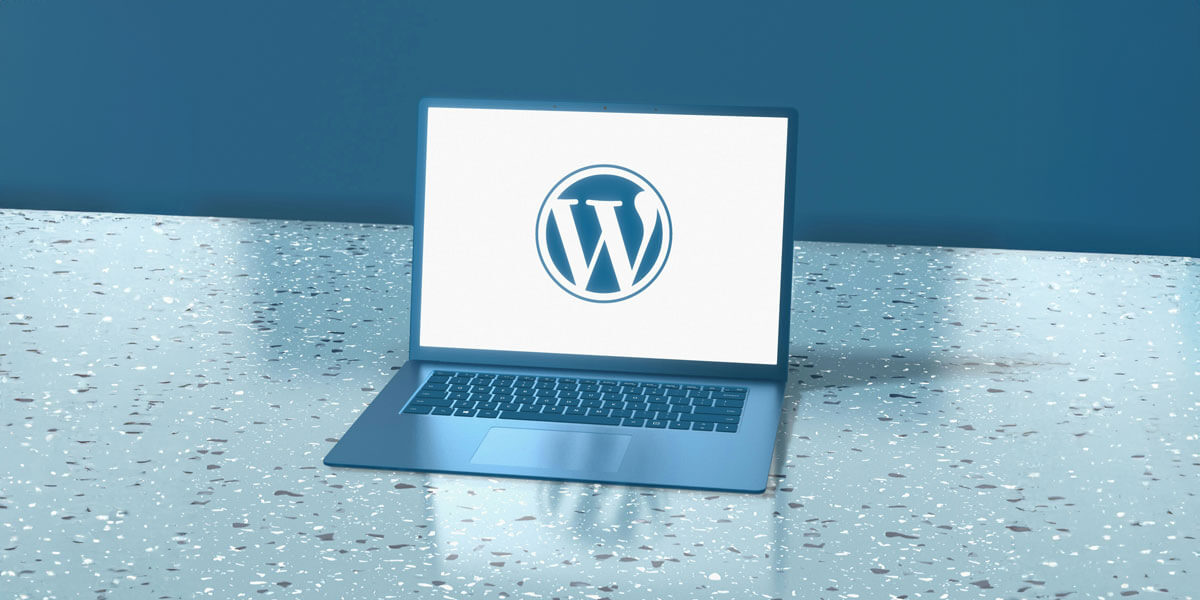When working with a web developer to build your website, the process can feel a bit overwhelming. It takes time to create the layout, write the content and upload the images. The website must also be fast and provide users with a good experience. No wonder why it takes at least 3-4 months to build a website!
With so much to pay attention to, however, it’s easy to forget the essential ingredients that every website should have. Below are seven must-haves you don’t want to forget.
1. Consistency
Consistency is key when building a website because it helps your users use and understand your design. Things are where they are supposed to be, supporting the user journey and making it easier for visitors to convert. To be consistent, do the following:
- Use similar visuals, such as icons and photography
- Choose the same colors for your buttons
- Write headlines in the same size
- Use the same typeface throughout the design
2. Whitespace
Whitespace allows a design to breathe. This empty space moves users through the design and can be helpful when tapping buttons on a small screen. Whitespace should be included around buttons and interactive elements, between lines of text and in form fields.
3. User Patterns
Visitors expect certain things from your design, so if you veer off this course, your website will be difficult to use and understand. Choose a design that follows user patterns so that people know how to use your website. User patterns are found in the order of information, the placement of navigation menus and icons for chat and search.
4. Typography
Good design is deeply rooted in how easy your text is to read and comprehend. Use simple fonts that are easy to read from a distance as well as on small screens. Use contrast to make the text stand out, such as by placing dark text on a light background.
5. Authenticity
Consumers like doing business with people they know and trust, but this trust doesn’t happen overnight. You need to be transparent about who you are and what you do, and the best place to introduce this transparency is on your website. Use your own photos, don’t stuff your content with keywords and write to your audience.
6. Accessibility
Your website should be accessible to everyone. Even individuals who fall outside the “typical user” should be able to use your website with no problems. When designing your site, take into account users who may have vision, hearing or other physical impairments.
7. Responsiveness
It’s 2019, so it should be a given that your website is responsive. But, it’s a good reminder because some templates are not fully responsive. Make sure that your website looks good on all devices and that every element can be easily interacted with.
By following the rules above, your website can be created faster and more efficiently. To learn more about having your website updated with the latest trends, contact Magna Technology today.




